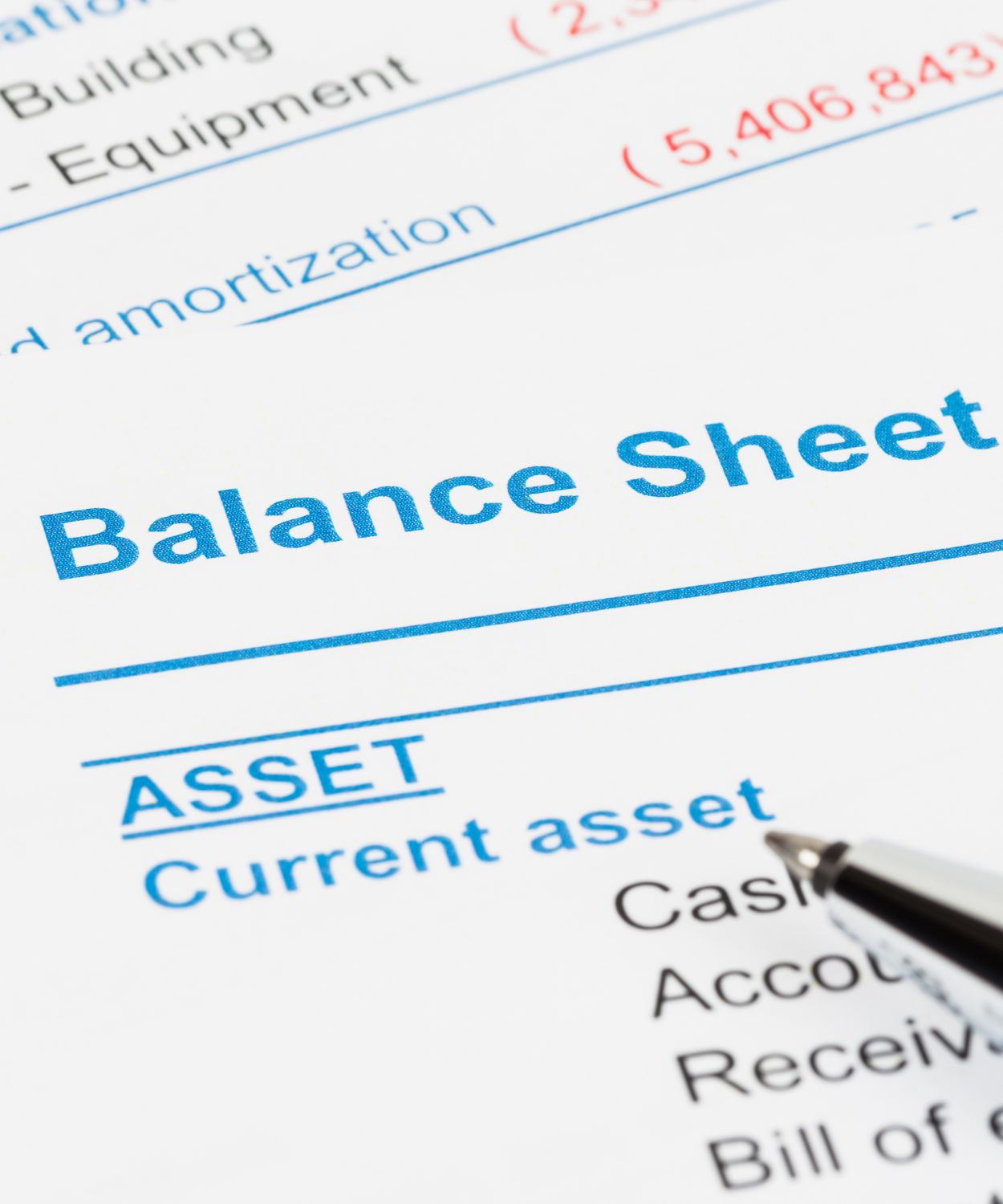What is Capital Expenditure?
Capital Expenditure is a one-time cost incurred for acquiring, improving, or extending a business asset with a lasting benefit
In the property sector, these expenditures contribute to the long-term enhancement or value of the property. Here are some qualifying expenditures for capital items:
- Purchase of Property: The initial cost of acquiring a property, whether for investment or operational purposes.
- Structural Enhancements: Expenses related to significant structural improvements, such as adding an extension or converting a loft. These have a lasting impact on the property’s value.
- Whole or Partial Replacement of Assets: Costs associated with replacing entire or parts of assets, like replacing a roof, windows, or a heating system. Contributing to the property’s overall improvement.
- Major Repairs: Extensive repairs that substantially increase the property’s value or extend its useful life, such as refurbishing a building.
- Improvements to Land: Enhancements to the land associated with the property, such as landscaping or the creation of parking areas. These contribute to the property’s overall appeal.


What is Revenue Expenditure?
Revenue Expenditure relates to day-to-day operational recurring costs essential for maintaining the property’s existing condition and ensuring its continued functionality
These are regular expenses that are deducted in the year they are incurred. Like-for-like replacement of items can sometimes be classed as a “renewal” and would also qualify as revenue expenditure. Here are some examples of qualifying expenditures for revenue items:
- Routine Repairs and Maintenance: Regular upkeep and minor repairs to keep the property in good working condition. Such as fixing leaks, repainting, or replacing damaged fixtures.
- Renewals: Occasional like-for-like replacements for certain items where the new item is a replacement for something similar that needs to be renewed. Examples include replacing items such as boilers, radiators, and smoke alarms. A new version of the item without having any exceptional new features.
- Utilities: Costs related to ongoing utility services, like electricity, water, and gas bills. These are required for the property’s day-to-day operations.
- Property Insurance Premiums: The regular premiums paid for property insurance coverage, safeguarding the property against unforeseen events.
- Cleaning Services: Expenses associated with routine cleaning and maintenance services. Ensuring the property remains in a habitable and presentable state.
- Property Management Fees: Fees paid to property management companies for their services in managing and maintaining the property. Overseeing daily operations, and handling tenant-related matters.


How are they appropriately accounted for within a company's financial records?
In the accounting documents, both capital expenditure and revenue expenditure are recorded in different sections of the financial statements. Reflecting their distinct nature and treatment. Let’s explore where each fits in a company’s financial records:
Capital Expenditure
Balance Sheet (Asset Section): Capital expenditures are typically recorded on the balance sheet under the asset section. This is because capital expenditures contribute to the acquisition or improvement of long-term assets, increasing the overall value of the business. The items are then depreciated over an estimated period of their useful economic life.
Revenue Expenditure
Income Statement (Expense Section): Revenue expenditures are recorded on the income statement as expenses. These expenses are deducted from the revenue in the period they are incurred. Revenue expenditures do not impact the balance sheet in the same way as capital expenditures. Instead, they are expensed immediately, reflecting their short-term nature and the ongoing costs of maintaining the business.


Potential Risks on Tax Liabilities
Avoiding confusion and misclassification
The correct understanding and classification of capital and revenue expenditures are foundational elements in determining eligibility for capital allowances. The potential consequences of confusion or misclassification between these two types of expenditures can result in the loss of crucial capital allowances. Capital allowances serve as tax reliefs that businesses can claim on qualifying capital expenditures. Misclassification may lead to suboptimal tax positions or increased tax liabilities.
If there is an error in categorising a qualifying capital expenditure, it may lead to the immediate deduction of the expense from taxable income. Instead of claiming capital allowances over time. Conversely, misclassifying a revenue expenditure as a capital expenditure may result in missing out on the immediate deduction allowed for revenue expenditures. In the context of property-related expenses, the proper distinction between capital and revenue expenditures is particularly vital. Given the significance of capital allowances in optimising tax positions and managing cash flows over time.


How to Avoid Those Risks
Seeking professional advice
To mitigate the risks associated with misclassification, businesses are encouraged to seek guidance from tax professionals. From those who have expertise in navigating the complexities of capital allowances and tax regulations. These professionals play a crucial role in providing expert advice to ensure accurate financial reporting and compliance with tax laws.
Regular communication and collaboration between financial and tax departments are essential components of a proactive approach. This helps to avoid potential pitfalls and optimise tax benefits associated with capital expenditures. With ever-changing legislation and tax laws being difficult to understand, up-to-date clear advice must be given. Ensuring that businesses are well-informed and well-prepared to make sound financial decisions. These decisions will determine the correct tax treatment and minimise the likelihood of disputes with HMRC. Disputes over the treatment of capital expenditure vs revenue expenditure. For example, when deciding if an item is a repair or a replacement (revenue expenditure), or an improvement (capital expenditure).


Latest News
-

 11 April 2024
11 April 2024Land Remediation 2024: What Qualifies and What Doesn’t
Land remediation tax relief is a powerful incentive designed to encourage the rejuvenation of contaminated and certain derelict land. This is not only for environmental reasons but also for economic development. Understand what qualifies for this tax relief and what doesn’t, regarding Land Remediation... -

 6 March 2024
6 March 2024Spring Budget 2024: Changes to Capital Allowances
On Wednesday 6th March 2024, Jeremy Hunt, a key figure in fiscal policy, revealed the Spring Budget for the year. This announcement always demands the attention of businesses across sectors. As the dust settles, it becomes important to identify the changes that are going to impact the financial strategies...
Contact Us
Our expert team are here to help answer any of your capital allowances questions or enquires you have about your commercial property.


